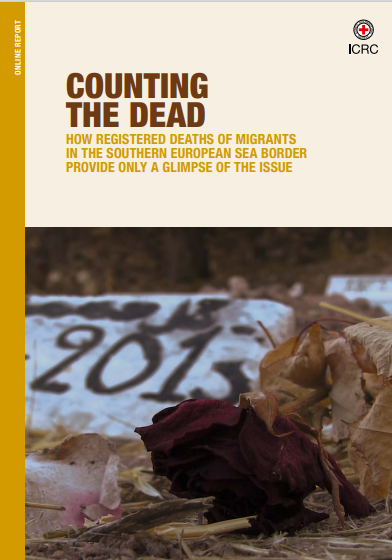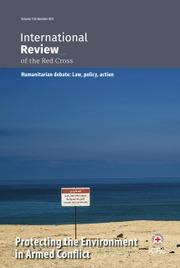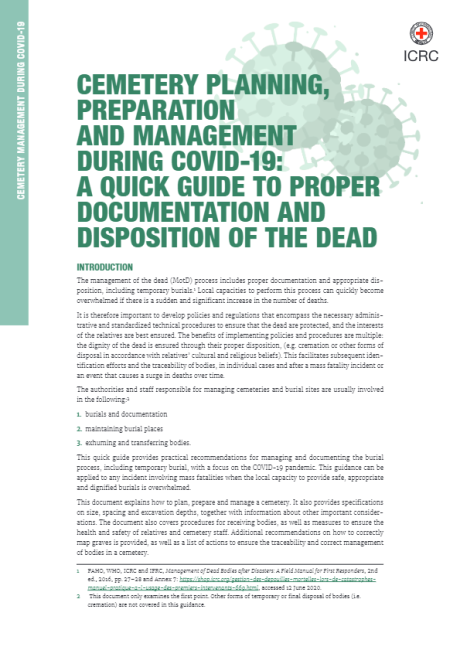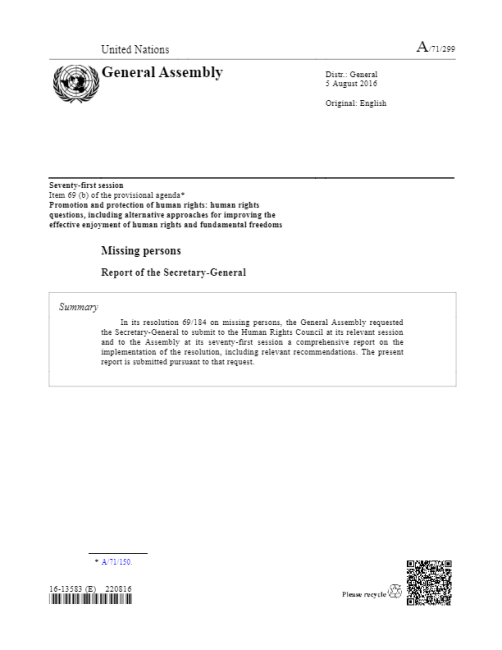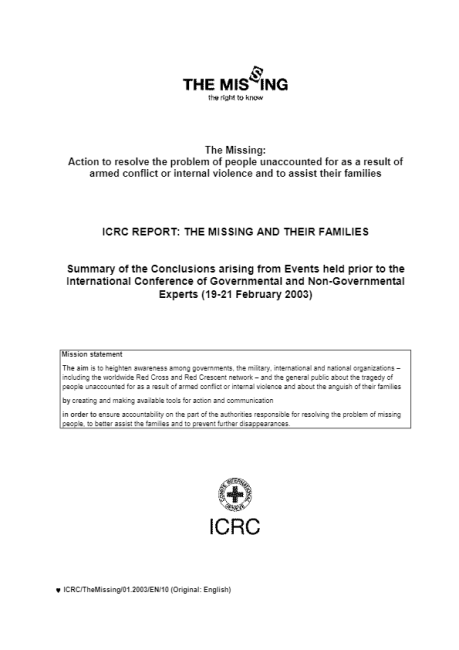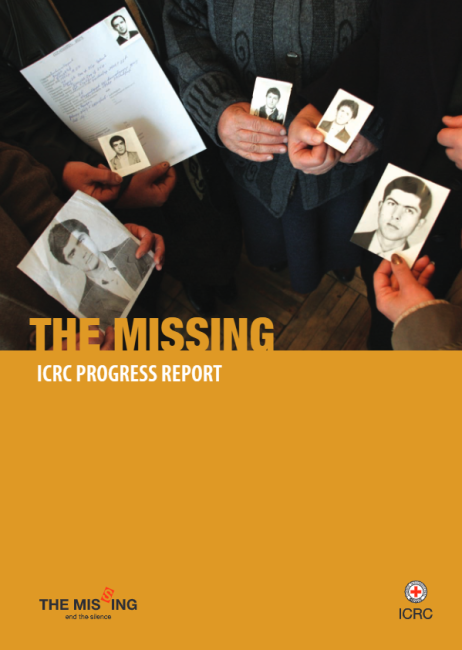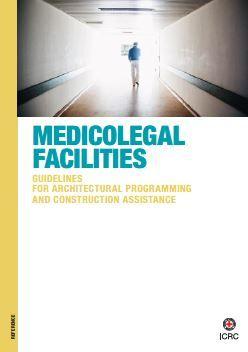
Medicolegal facilities: guidelines for architectural programming and construction assistance
The ICRC’s protection activities range from preventing and resolving cases of missing persons to ensuring that human remains are handled with dignity and supporting families during their sometimes long wait for answers. These tasks can be complicated by protracted armed conflict and other situations of violence, where the number of fatalities exceeds the capacity of a country’s medicolegal system. Over the past decade, the ICRC has expanded the scope of its humanitarian forensic work significantly, in some cases sending teams on site to help build or renovate medicolegal facilities. These guidelines contain the core knowledge required to carry out this type of project. Drawing on international standards, the field experience of ICRC forensic specialists and advanced engineering expertise, they provide the tools required to assess individual medicolegal facilities and address their shortcomings. They take into account both the scientific and practical aspects of the complex task of managing dead bodies, and they contain detailed technical specifications meant to ensure the completed facilities are fit for purpose. This document is designed for use by forensic, protection and engineering professionals involved in this field of work. With it, they will be able to help the authorities ensure that the remains of people who died as a result of armed conflict, natural disaster, migration or other situations of violence are properly managed, in keeping with the families’ needs.


